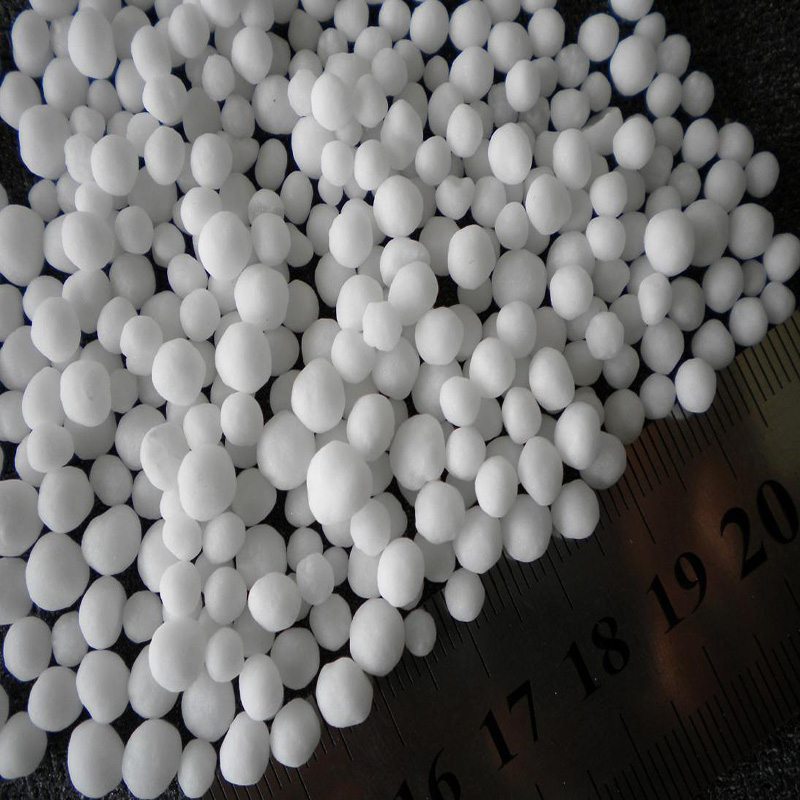For over a century, ammonium sulfate (AMS) has been a trusted and reliable fertilizer providing the most readily available nitrogen (N) and sulfur (S) nutrients to the crop and making it an efficient option for farmers. Recently, a granular biosolid-enriched ammonium sulfate (Bio/AMS) claiming to be a slow-release N and S fertilizer entered the market. While performance data is limited for this new product, a recent study comparing AMS to Bio/AMS (trade name SymTRX™) by three renowned scientists has clearly demonstrated that AMS remains the most efficient N and S containing fertilizer option for farmers.
The research results were published in the July/August 2021 issue of Agronomy Journal (Vol 113, Issue 4, pages 3578-3585) and includes the following studies: (a) characterize the chemical composition of the Bio/AMS material, (b) examine the movements of N and S through soil leaching columns, (c) determine N release over time using soil incubation studies, (d) examine ammonia (NH3) volatilization as affected by the sources, and (e) evaluate the availability of S and N for plant growth in a greenhouse study conducted with canola and wheat. Kno3 For Sale

Below is an overview of the results obtained from just a few of the studies conducted comparing traditional AMS and Bio/AMS fertilizer.
The study results show that the SymTRX fertilizer has no significant agronomic benefits over AMS, as evidenced from canola and wheat crops in greenhouse studies. The study also shows that AMS provides more nutrition to the crops than SymTRX. With a nutrient density of 45%, the AMS fertilizer delivers approximately 20% more nutrition to the crops for each pound of fertilizer applied as compared to the SymTRX fertilizer with a 37% nutrient density, making the AMS fertilizer a much more efficient source of nutrition to the crop on a pound-for-pound basis.
Learn more about the benefits of AMS by visiting supplementyoursoybeans.com.
AMS is the premier source of available sulfur which is immediately available to plants. Applied in early season, AMS is absorbed as soon as it’s put down and goes to work powering plant health to support higher yields. Recommend AMS on 2024 soybean acres with confidence!
A recent study indicates AMS color doesn’t affect performance of the adjuvant when used to combat hard water antagonism in glyphosate and glufosinate solutions. Researchers compared performance of brown and white AMS adjuvant products to study performance differences.
AMS is proven to be a good source of the nitrogen and sulfur soybeans need, bringing with it increased yield potential. This simple change in crop management practices can lead to substantial profit opportunities.

Ammonium Sulfate On Lawn The nation's brand leader in ag retail communication.